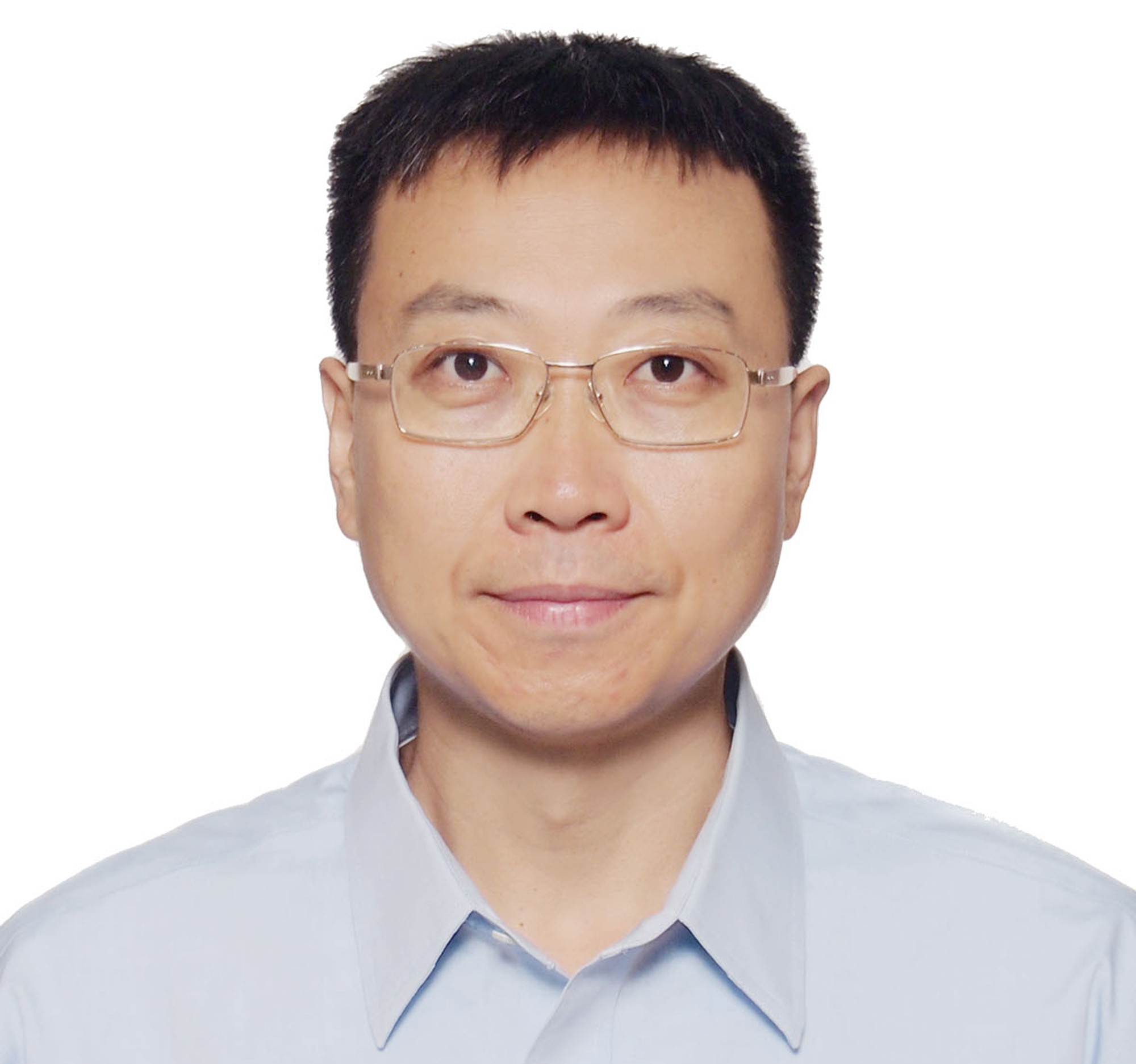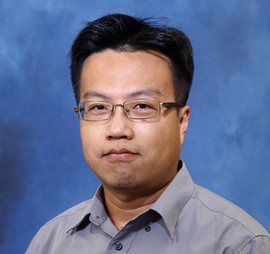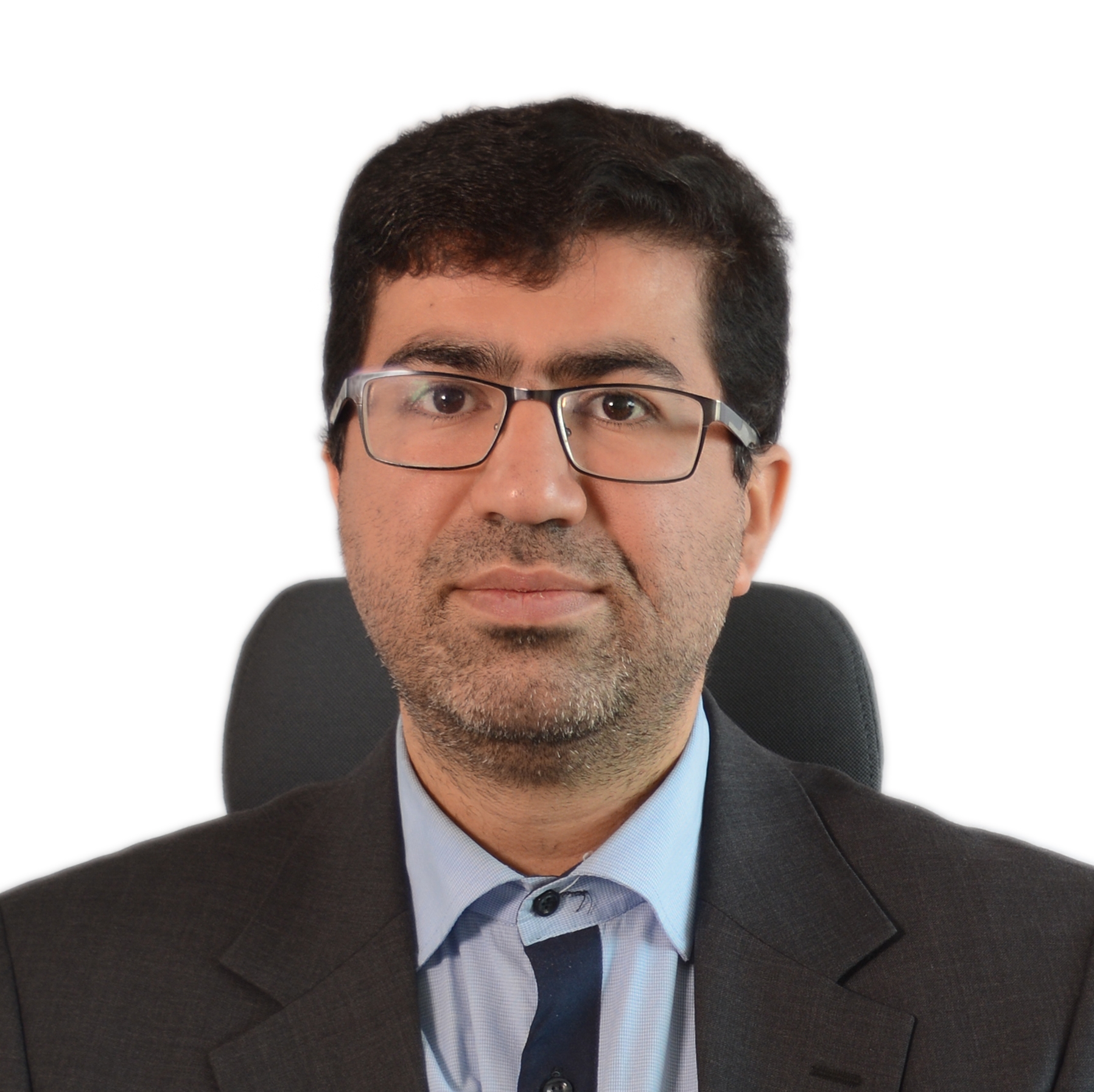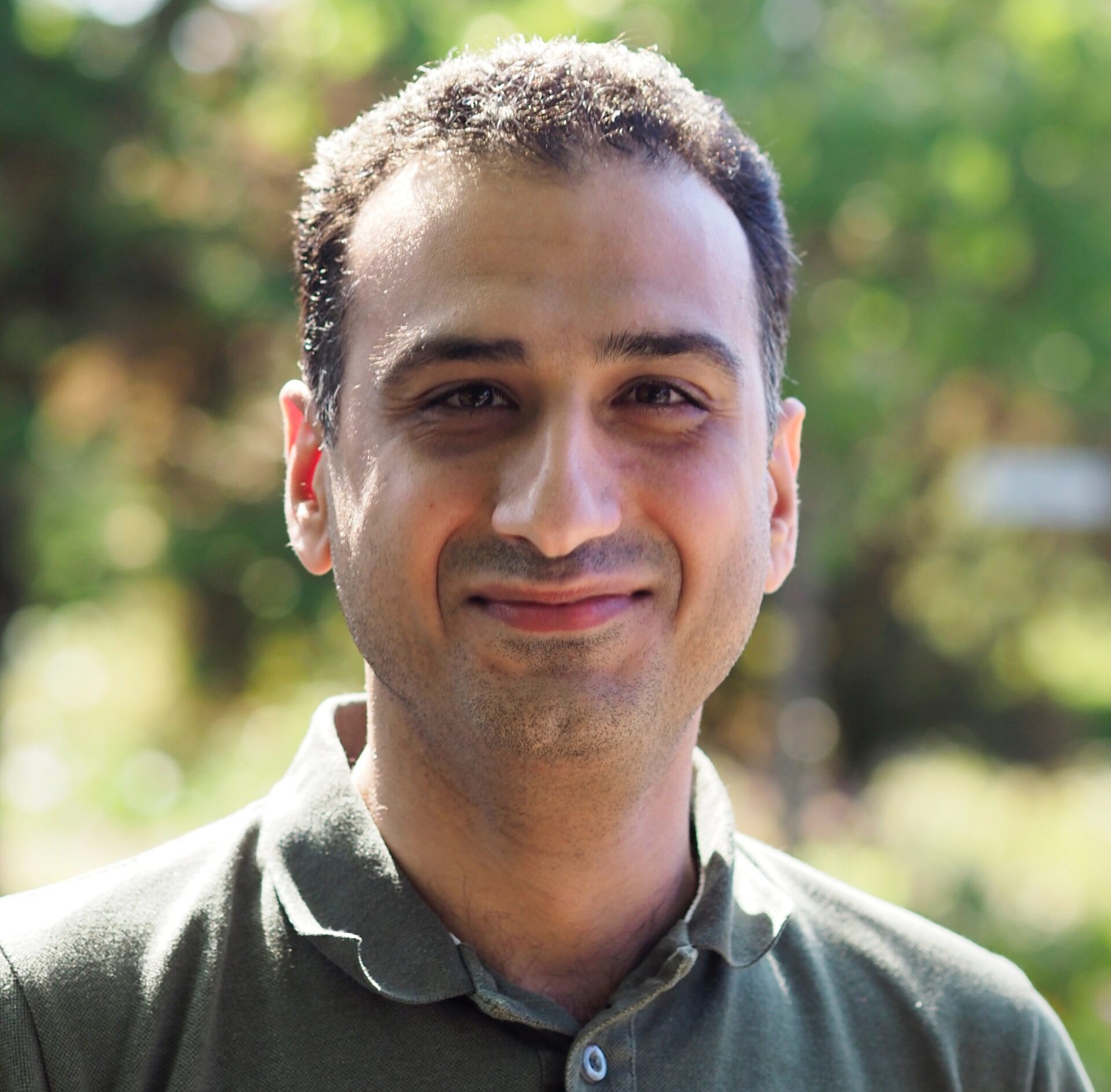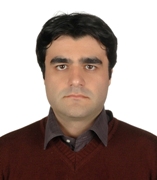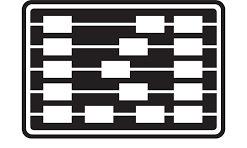
International Online Workshop on
Recent Advances in SSD Research and Practice
September 26-27, 2024
Workshop News
30 Sep. 2024 The video and slide files of all talks are now uploaded and available.
9 Sep. 2024 Registration is open.
25 Aug. 2024 Workshop program finalized.
4 Aug. 2024 A special issue in The Journal of Supercomputing is arranged to publish papers based on the presented talks in the workshop.
4 Aug. 2024 The homepage of the International Online Workshop "Recent Advances in SSD Research and Practice" is launched.
The Workshop
Storage systems play a pivotal role in the digital landscape, acting as the backbone for data management, retrieval, and protection. The exponential growth of data generated by individuals and enterprises necessitates robust, scalable, and efficient storage solutions. Traditional storage systems, such as hard disk drives (HDDs), have evolved significantly, but the advent of solid-state drives (SSDs) has marked a substantial leap in terms of speed, reliability, and energy efficiency. SSDs, with their faster read/write capabilities and lower latency, have become essential for applications requiring high performance, such as databases, virtual machines, and real-time analytics.
The advances in storage technology extend beyond hardware improvements. Cloud storage has revolutionized data accessibility and management, offering scalable and flexible solutions that can accommodate the dynamic needs of businesses. Cloud providers offer a range of storage options, from object storage for unstructured data to block storage for databases and applications. These services not only provide vast amounts of storage space but also incorporate advanced features like automated backups, disaster recovery, and data encryption, enhancing data security and integrity.
These innovations are crucial for supporting the growing demands of big data analytics, artificial intelligence, and Internet of Things (IoT) applications in storage systems, where data processing speed and efficiency are paramount. These advancements not only enhance performance and reliability but also enable new possibilities in data-driven innovation and digital transformation.
This online workshop, Recent Advances in SSD Research and Practice, aims to bring together leading researchers, engineers, and graduate students in the field of storage systems, and is jointly supported by the Korean Institute of Information Scientists and Engineers (KIISE), and the Computer Society of Iran (CSI).
Speakers
Workshop Program
Day 1, Thursday, 26 September 2024 (South Korea time)
Day 2, Friday, 27 September 2024 (South Korea time)
Workshop Registration
You can register for the workshop by clicking here.
Organizers
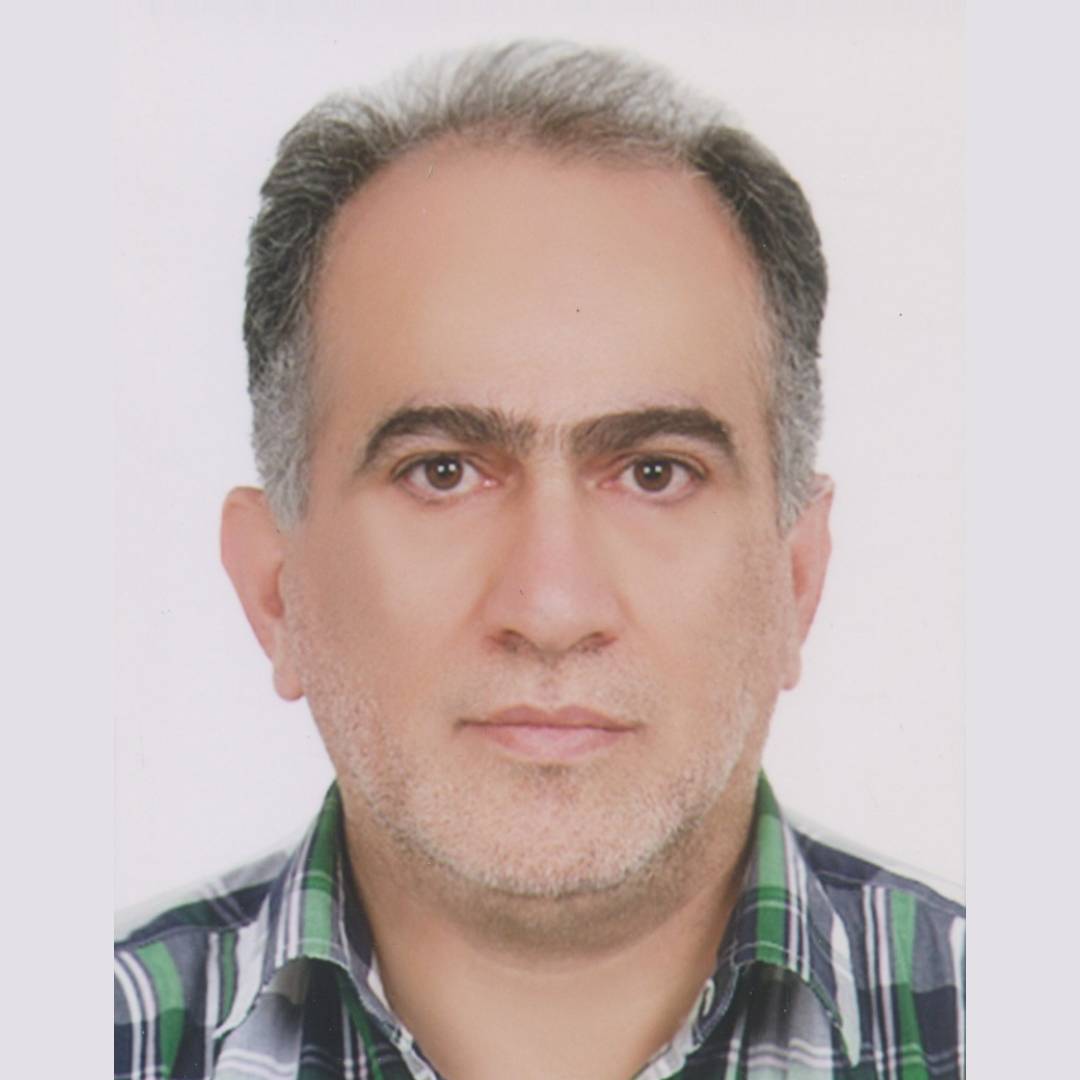
Hamid Sarbazi-Azad
Professor
Sharif University of Technology
azad@{sharif.edu, ipm.ir} [email protected]
Technically Supported by
Contacts
For any inquiries or to get in touch with the organizers, please use the following email addresses:
